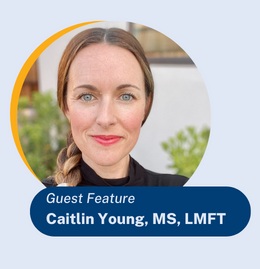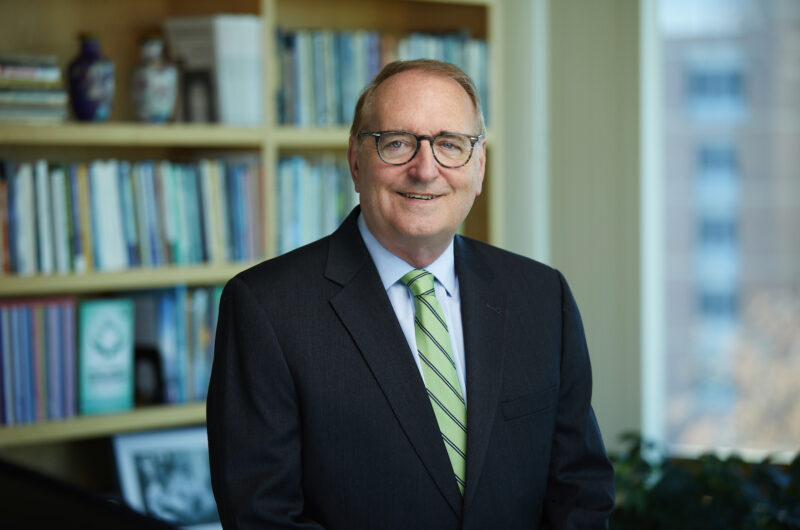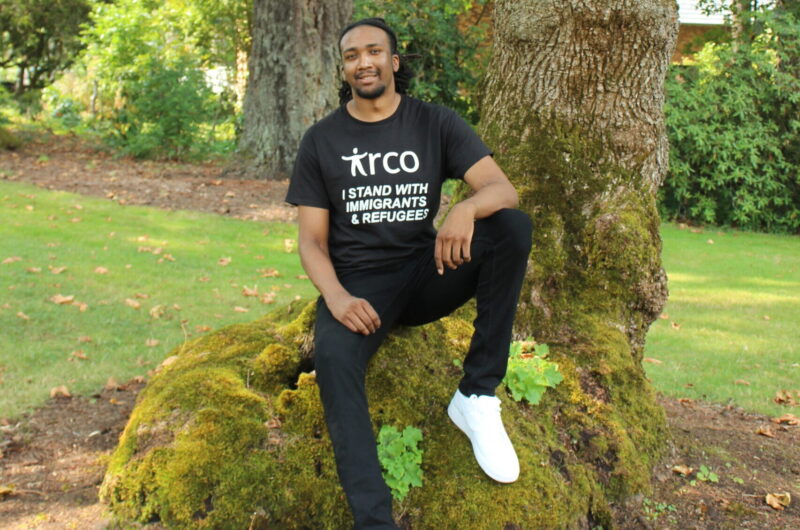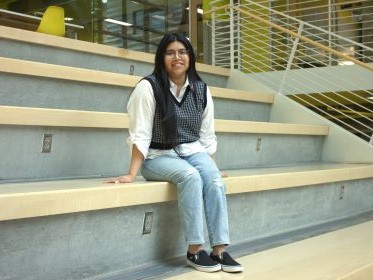By Caitlin Young, MS, LMFT
Resilience Consultant
College Possible Oregon is incredibly grateful to CareOregon and Oregon Community Foundation, which stepped up with generous financial support for our mental health education initiative. Thanks to their investments, we can boldly explore what is possible for students and their communities.
As a society, we often focus on crisis narratives when it comes to mental health—particularly at this moment in time and particularly for young people. Youth, adolescent and young adult mental health statistics from the past six months are staggering. In the fall of 2022, the Centers for Disease Control reported that half of young people aged 18–24 are experiencing moderate or severe depression, while another 23% have mild symptoms (CDC). The situation is urgent, and it requires swift action. However, the framing of this crisis narrative is flawed. In focusing on negativity and fear, especially the “what’s wrong” headlines featuring statistics of suicide and violence, we bolster stigma. We become heartbroken, overwhelmed, distracted by data, and confused about how to move forward. Following this pattern is not the only option; we have the power to create positive change by shifting our focus to resilience-building strategies.
There is a growing need for our coaches to be better equipped to serve students and for our organization to build a healthy and well-supported staff coming out of the pandemic. Instead of a problem-saturated narrative around the “youth mental health crisis,” at College Possible we’re embracing a balanced picture that includes biopsychosocial education, communication skill-building, and the essential role of understanding context. When we understand how things work, we can work together toward solutions. While the College Possible organization and our staff are not mental health care providers, coaches are trusted mentors in students’ lives, and it is vital that we equip our staff with training and resources to best support our students.
This program year, I am piloting a mental health learning series with College Possible Oregon to support the team in building mental health resource toolkits. We’re co-creating a comprehensive curriculum that weaves current, empirically validated data and resources with examples from work in the local College Possible community to ensure that it is culturally responsive and meets the challenges of the moment.
Across six learning labs, the team is working through topics related to the stress cycle, resilience, communication strategies, the social determinants of health, and mental health risk factors. College Possible’s Psychosocial Learning Labs are designed with and for staff and coaches to build knowledge and confidence on topics related to individual and systemic mental well-being. This new program was developed in response to previous mental health training that lacked cultural responsiveness and failed to meet the complex needs of students and coaches.
“When we set out to design this program, we started by truly listening to the experiences and needs of our AmeriCorps coaches, students and staff,” said Emielle Nischik, executive director of College Possible Oregon. “We knew it was critical to shape our mental health programming in response to what coaches were experiencing and hearing from students firsthand.”
Practicing strategies to support positive development for students is a step of collective action that the team at College Possible is eager to take. Together, we are working to destigmatize mental health issues and encourage open and honest communication about emotions and real experiences between students and coaches. Through this work, we can begin to build mental health and embrace a new narrative of what is possible.



